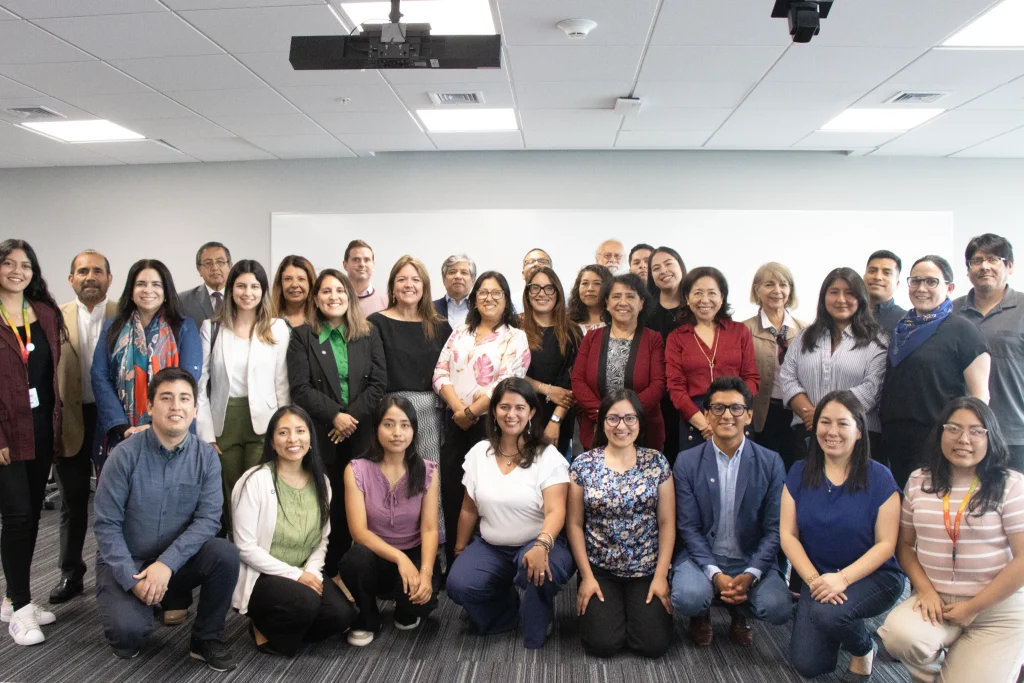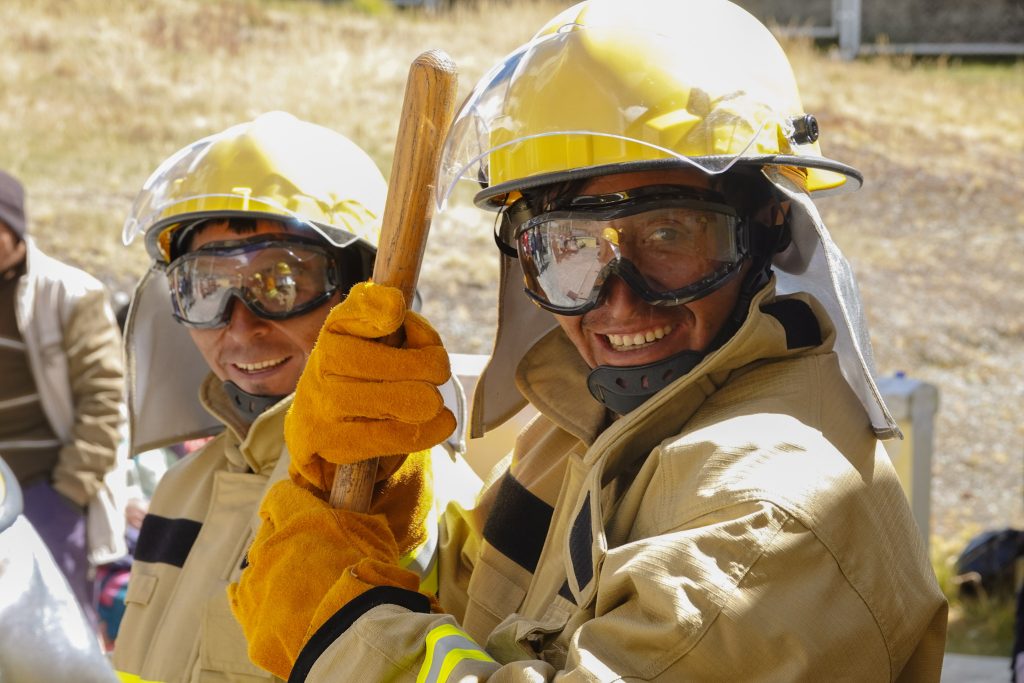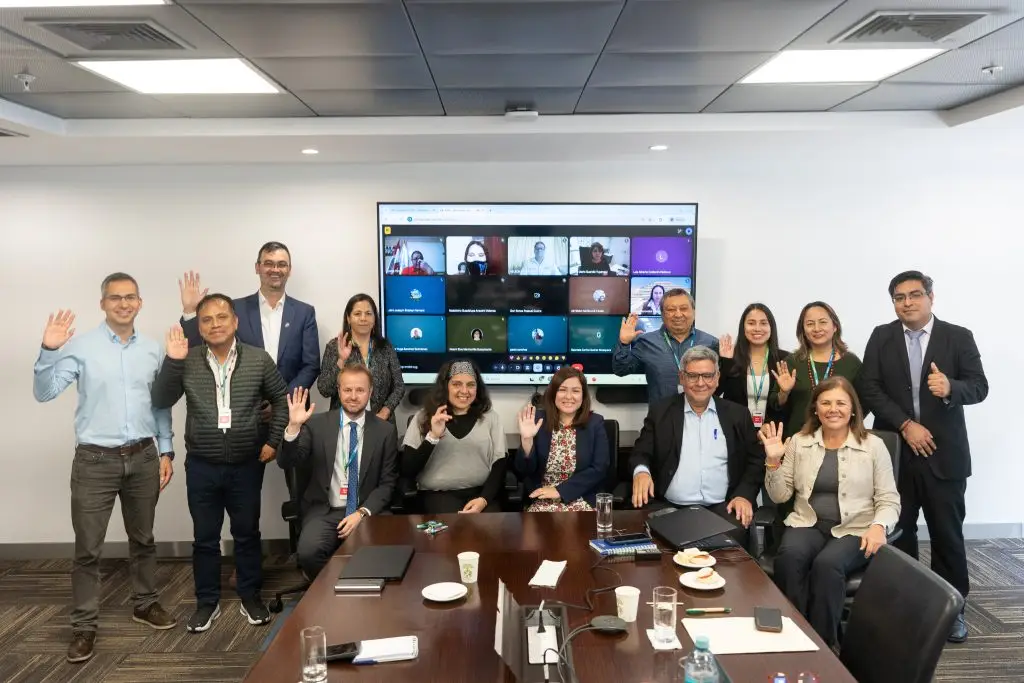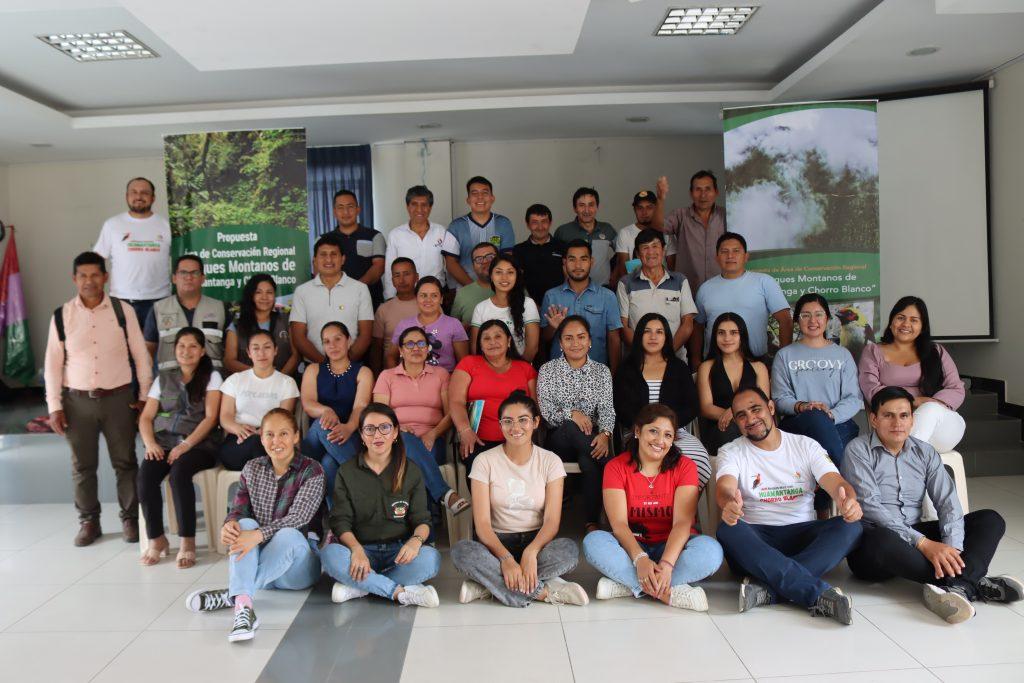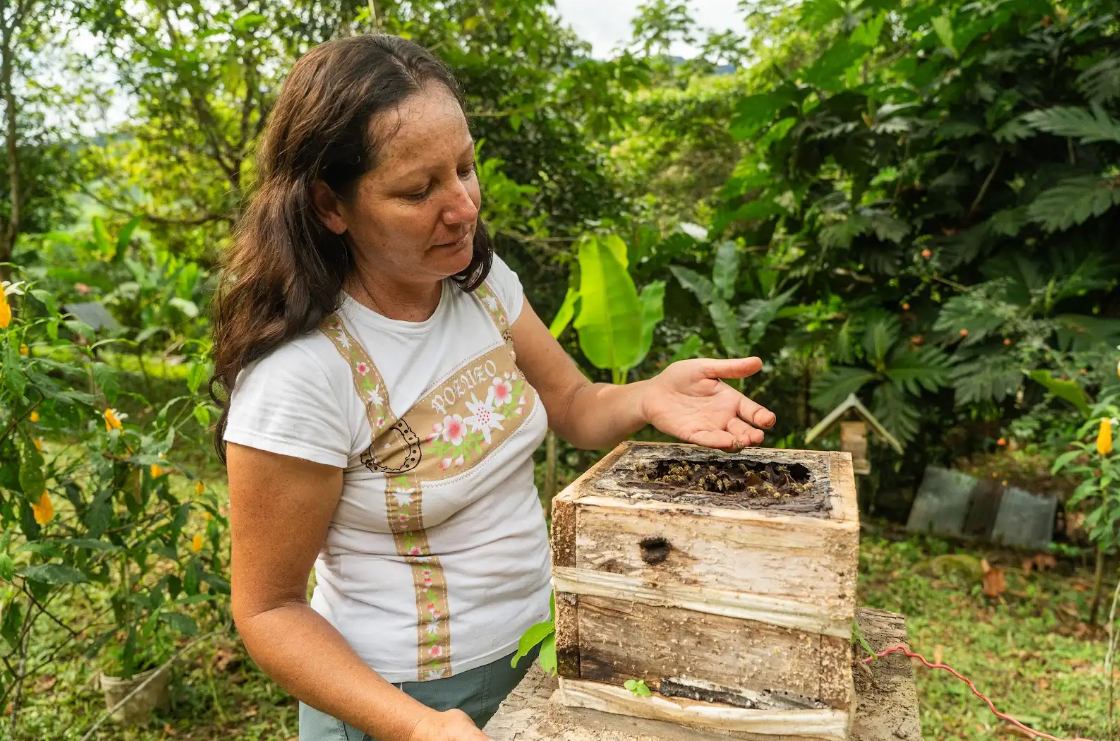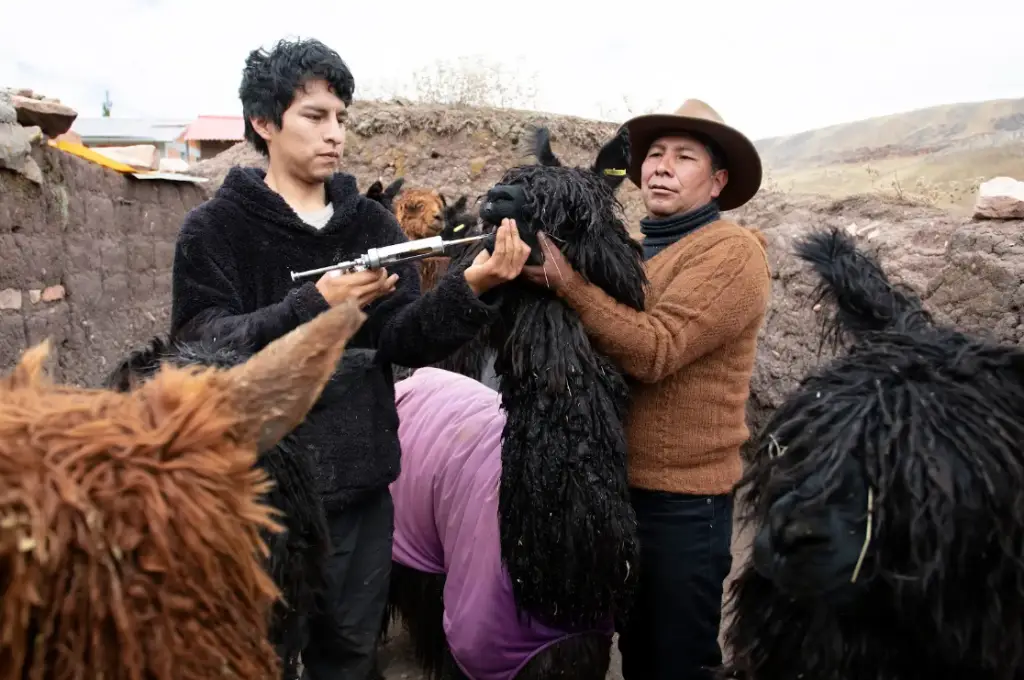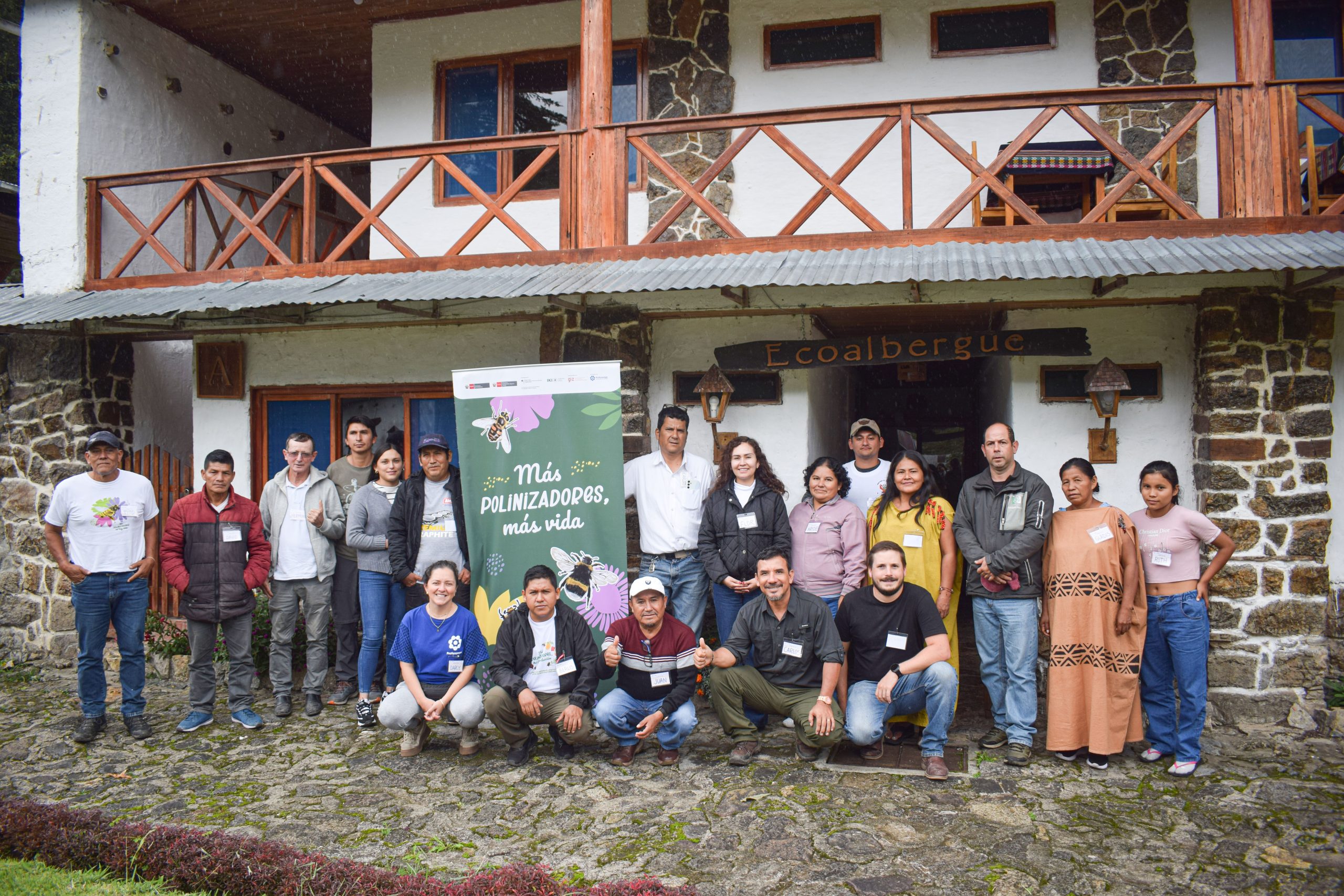Profonanpe, Peru’s environmental fund, organized the last roundtable of 2024, bringing together specialists from the public, private and civil society sectors who shared their experiences working in alliance with mining companies to promote projects that contribute to the development of the communities in their sphere of influence.
By 2024, mining is projected to contribute close to 10% of Peru’s GDP and, according to the World Bank, will account for more than 60% of the country’s exports, making the mining sector a key issue on the country’s environmental agenda.
The experience at Mala
This space for dialogue provided an opportunity to learn about the experience of Sustainable Mala, an initiative launched jointly with Compañía Minera Condestable, which seeks to improve the living conditions of the rural community of Mala by diversifying their sources of income, improving their basic services and the conservation and sustainable management of their ecosystems. Thus, work has been done to promote local tourism, bio-businesses based on a circular economy approach and the protection of ecosystems using natural infrastructure.
“Condestable and Profonanpe converge in a sustainable alternative, which seeks to implement a model of generation by impact results that will lead to sustainable local development,” said Erick Romero, coordinator of the Sustainable Mala project, who has been disseminating the development model that promotes eco-business and eco-tourism to contribute to the welfare of its partners and the population as a whole.
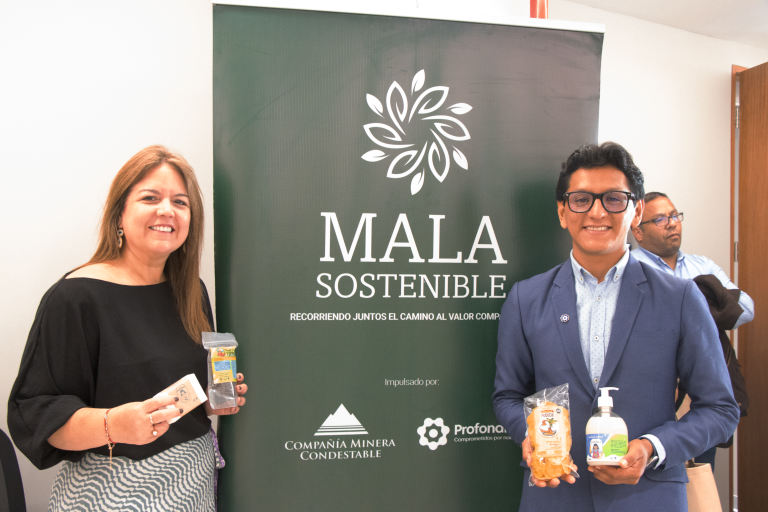
Photo: Profonanpe
In addition to this presentation, three working groups were established during the event to address issues of sustainability, circular economy and land management.
Long-term sustainability of initiatives
This type of initiative requires information, capabilities and financing to be properly executed. It is necessary to take into account previous studies in the area, ensure technical support, simplify administrative processes, articulate planning instruments, but, above all, promote local governance to guarantee the financial sustainability of development initiatives based on long-term partnerships.
It is necessary to ensure financial sustainability through an articulated work that generates its own funds. “The ideal would be the integration of funds, because the private sector can support, but it is difficult to maintain in the long term. This sustainability will be generated in the future, promoting the generation of income by the population,” said Pedro Gamboa, Assistant Manager of Environmental Asset Management of the UNACEM Group.
Circular economy approach to initiatives
Sustainable Mala develops products with local resources and organic waste that were causing environmental impact. Through an innovative proposal, these resources were put to productive use and generate income opportunities for the community, integrating economic development and environmental conservation.
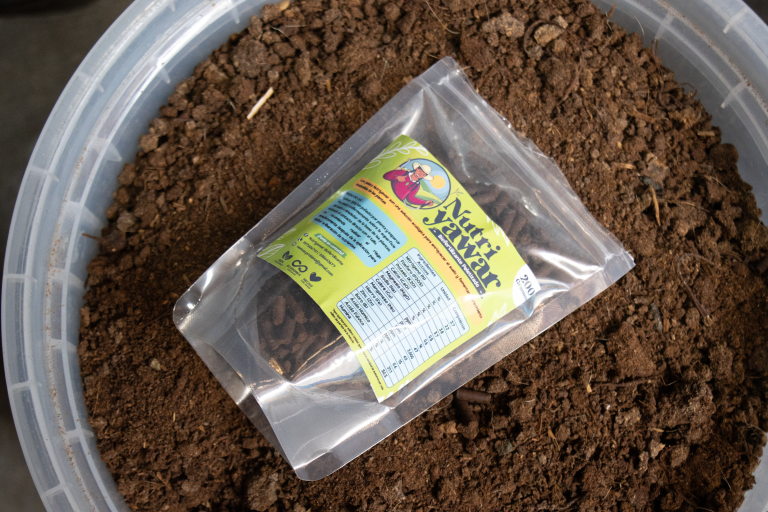
Photo: Profonanpe
“It is important to value the district’s resources, give them added value and make them environmentally friendly,” said Erick Romero, who also emphasized the importance of technical support in financial management and community leadership.
Social management of the territory and strategic alliances
In sustainable development initiatives, it is important to involve all stakeholders in the territory, to know their local dynamics and ensure their active participation, involving them from the planning stage of the projects, to build common goals and objectives, strengthening trust and a sense of belonging to the initiatives developed.
“Trust building is long-term and the challenge is to achieve a synergy between all the identified stakeholders and make the project feel like part of the community,” concluded Lena Rodríguez, Legal Specialist in Analysis and Processing of Information on Socio-Environmental Issues at the Ministry of the Environment.
Sustainable Mala allows us to take a medium-term view, prioritizing issues that should be part of this new relationship model between companies and communities, where all stakeholders are important and have an active role in generating new opportunities where communities can strengthen their capacities, lead initiatives and contribute to the care of their environment.
Learn more about the Sustainable Mala project here.


